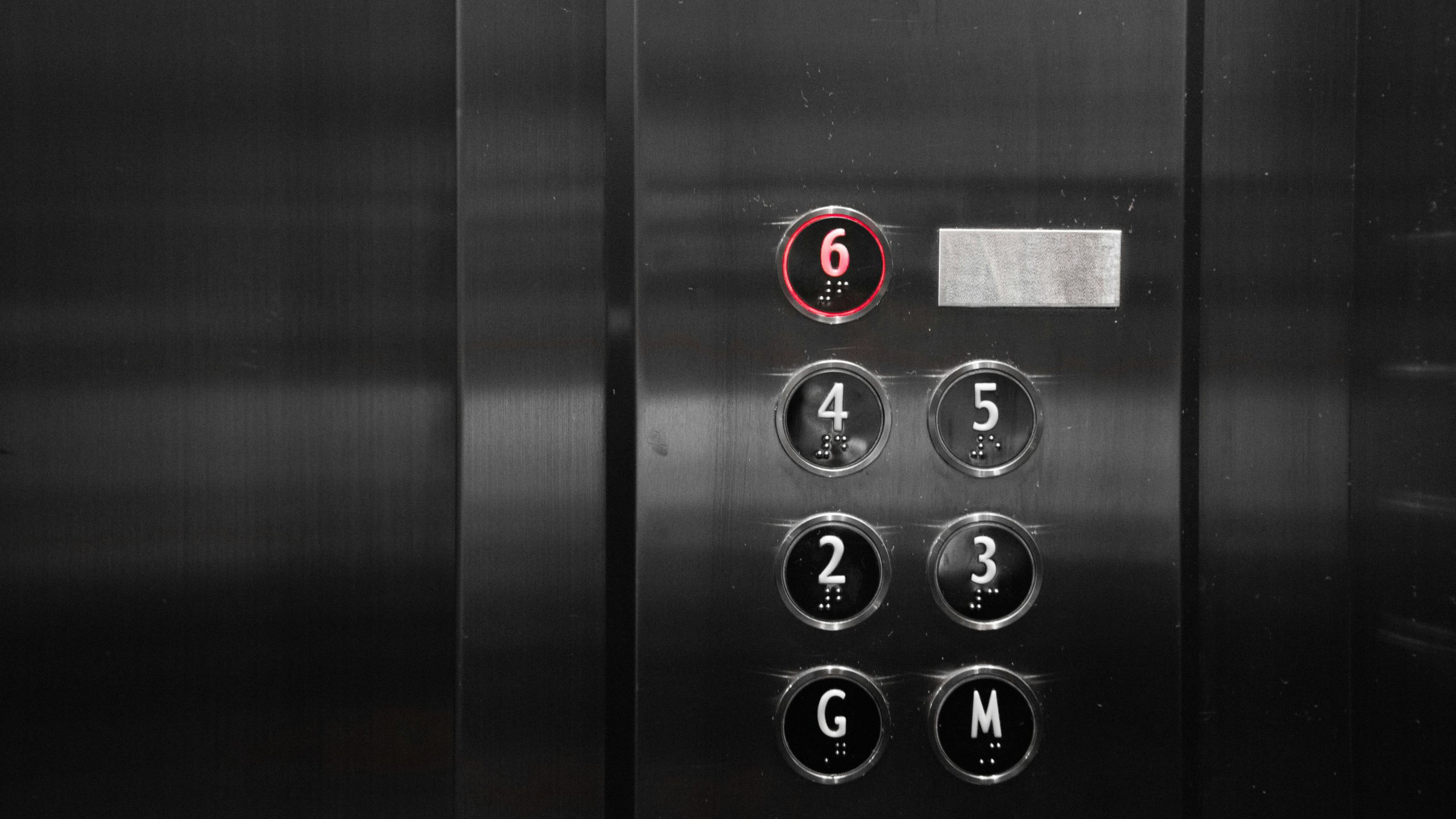Saudi Arabia’s Rent Control Decision: What Changes in Riyadh vs. Other Cities?
What is the Rent Control Decision—and why does it focus on Riyadh?
Saudi Arabia’s rent control decision is a policy package designed to stabilize the landlord–tenant relationship and promote market balance without undermining legitimate rights on both sides. In Riyadh, the core rule is a five-year freeze on annual rent increases for both residential and commercial leases—covering existing and new contracts—starting 25 September 2025. Contracts must be documented through Ejar under the supervision of the General Real Estate Authority (GREA).
Elsewhere in the Kingdom, pricing continues to follow supply–demand dynamics with duly documented agreements, so the wider market remains flexible. For background on how policy tools work together, see Aqar’s explainer [Real Estate Balance Platform – terms & registration].
When does it start—and what’s the geographic scope?
- Riyadh: the annual-increase freeze begins 25/09/2025 and lasts five years.
- Coverage: applies to residential and commercial leases if they’re documented in Ejar and compliant with GREA guidance.
- Other cities: no blanket freeze; increases are allowed by mutual agreement and must be recorded in Ejar.
If you’re mapping the decision’s long-term effect alongside supply levers, Aqar’s guide [White Land Fees System: goals & impact] explains how supply expansion supports price stability.
What are the practical differences between Riyadh and other cities?
| Policy item | Riyadh | Other Saudi cities |
|---|---|---|
| Start date | Annual-increase freeze from 25 Sep 2025 for 5 years. | No general freeze; increases follow market and documented agreement. |
| Annual rent increase | Frozen for residential & commercial (new and existing). | Allowed by agreement and documented via Ejar. |
| Pricing a vacant unit | If previously rented: fix the rent at the last documented contract. If never rented: price by mutual agreement at first contract. | Price each new lease by negotiation and local market conditions. |
| Renewal & notice | Auto-renewal unless either party gives 60-day non-renewal notice. | Same 60-day notice convention applies across cities. |
| Landlord non-renewal | Only in specific cases: non-payment, misuse, or owner’s need to occupy (self or first-degree relative). | 60-day notice and standard lawful grounds apply. |
This calibrated approach anchors market balance in the capital while keeping other markets agile. For a policy-level view of how supply policies dovetail with regulation, see [White Land Fees System: goals & impact] within the Aqar blog.
What does “price fixation for a vacant unit” in Riyadh mean?
- If the unit was rented before: the rent is fixed at the last documented amount throughout the freeze period.
- If the unit is first-time rental: the rent is set by agreement when the initial contract is signed.
This prevents unjustified jumps while keeping first-time pricing realistic—one of the core aims of market balance.
Do pre-existing long-term contracts fall under the freeze?
No. Long-term leases signed before the decision are exempt; any increases already scheduled in those contracts continue as agreed. Leases signed or renewed after the effective date in Riyadh are subject to the rent-increase freeze terms. Planning an orderly handover at the end of a term? Keep this handy Aqar resource: [Why an official tenant-eviction notice model protects your rights].
How do I document my lease—and why does Ejar matter?
Documenting through Ejar gives your lease legal weight, links it to digital payment rails, and streamlines dispute resolution with oversight from the General Real Estate Authority. Undocumented leases may forfeit protections available under the rent control decision, so ensure every lease and renewal is properly recorded. For a wider governance view, Aqar’s walkthrough [Real Estate Balance Platform – terms & registration] shows how platforms and rules interact.
When can a landlord contest the rent in Riyadh?
A landlord may request a review only under defined circumstances, such as:
- Material improvements/renovations that objectively raise the property’s value.
- Evidence that the set rent is below comparable units (e.g., 2024 peer contracts) in a like-for-like area/condition.
- A competent committee decision authorizing an adjustment per published criteria.
These safeguards preserve the spirit of the freeze while preventing abuse—and they sit alongside supply-side policies discussed in [White Land Fees System: goals & impact].
What’s the impact on landlords and tenants?
- Landlords: more stable occupancy, fewer yearly renegotiations, and a stronger incentive to invest in maintenance and service quality instead of relying on annual hikes.
- Tenants: clearer budgeting and fewer surprise increases in Riyadh, with negotiation flexibility remaining in other cities.
If you’re building a leasing strategy for the year ahead, pair policy tools (see [Real Estate Balance Platform – terms & registration]) with supply signals (see [White Land Fees System: goals & impact]) to set realistic expectations.
How should I prepare to benefit from the decision?
- Move or document all your leases in Ejar.
- Track expiry dates and send/receive non-renewal notices 60 days in advance.
- Keep maintenance logs and invoices; they help if you ever need a value review.
- Use compliant templates for end-of-tenancy actions—Aqar’s [Why an official tenant-eviction notice model protects your rights] is a practical checklist.
- Compare neighborhoods and prices on sa.aqar.fm, and set alerts for matching listings.
FAQs about the Rent Control Decision
What is the new rental law?
It’s the framework commonly called the rent control decision: a five-year freeze on annual increases in Riyadh starting 25 September 2025, with mandatory documentation via Ejar under GREA. Other cities may allow increases by mutual agreement documented in Ejar.
Can a new owner evict a tenant?
No. In Riyadh, non-renewal is limited to defined grounds: non-payment, misuse, or the owner’s need to occupy (self or first-degree relative) and requires a 60-day notice.
What’s new for non-residential (commercial) leases?
In Riyadh, the freeze also covers commercial leases for five years. Outside Riyadh, rent is set by agreement and must be documented in Ejar.
Can a landlord raise the rent every year?
Riyadh: No, during the five-year freeze.
Other cities: Yes, if both parties agree at renewal or in a new lease and the change is documented.
How long are non-residential leases?
As agreed between the parties. The key is proper Ejar documentation and the 60-day notice before non-renewal.
Is the new rental decision in force today?
The Riyadh freeze starts on 25/09/2025. Until then, existing documented contracts apply as signed.
Are long-term contracts signed earlier covered?
No. Pre-decision long-term leases are exempt; scheduled increases in those contracts continue to apply. Once renewed after the effective date, the Riyadh rules apply.
How do I file a complaint or inquiry?
Use the official Ejar channels or contact the General Real Estate Authority, attaching your documented lease and supporting evidence. For end-of-tenancy cases, consult Aqar’s [Why an official tenant-eviction notice model protects your rights].
Conclusion
Saudi Arabia’s rent control decision brings five years of price stability in Riyadh while keeping other cities responsive to market forces—supporting market balance and protecting rights through Ejar and GREA oversight. Ready to find a unit that fits your budget or market your property to serious tenants? Start with sa.aqar.fm, and keep up with market updates by following Aqar on X.








